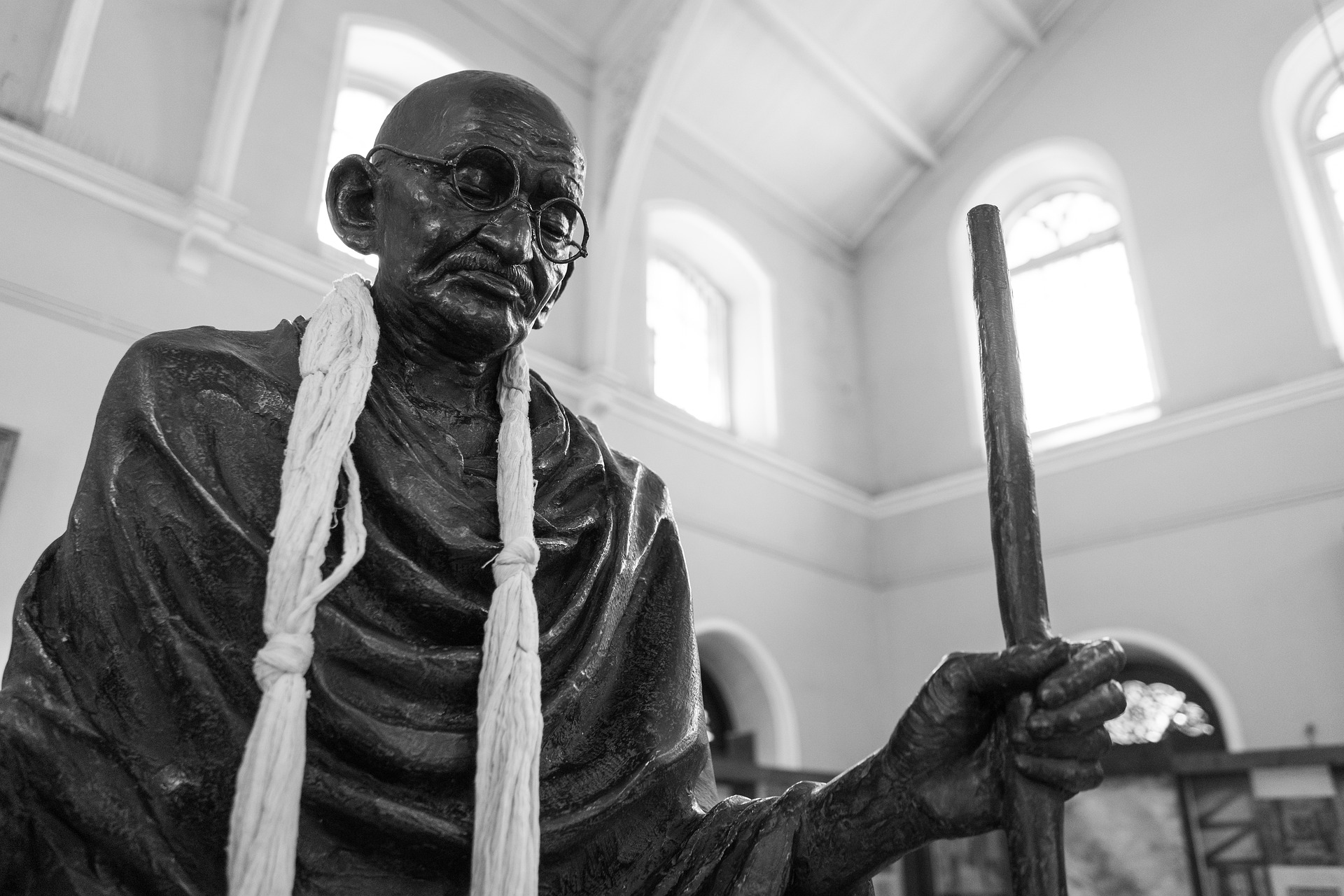Remembering the Mahatma: Gandhi Jayanti – A Day of Reflection and Inspiration

Image by Daniel Christiansz
Introduction
October 2nd is a day of great significance for India and the world at large. It marks the birth anniversary of Mohandas Karamchand Gandhi, lovingly known as Mahatma Gandhi, a towering figure in the history of India’s struggle for independence and a global symbol of non-violent resistance. Gandhi Jayanti is not just a day off from work; it’s a day for reflection, inspiration, and a reaffirmation of the values that Gandhi stood for. In this blog, we will explore the life and legacy of the Mahatma and discuss how his teachings continue to shape our world today.
The Life of Mahatma Gandhi
Mohandas Karamchand Gandhi, born in 1869 in Porbandar, India, led a life that was both remarkable and inspirational. He studied law in London, worked as a lawyer in South Africa, and experienced the racial discrimination prevalent at the time. This experience transformed him into a staunch advocate for civil rights and non-violent resistance.
Upon his return to India, Gandhi became the face of the Indian independence movement. He famously employed non-violent civil disobedience to challenge British rule and played a pivotal role in India’s eventual independence in 1947. His principles of truth, non-violence (or “ahimsa”), and self-reliance became the guiding lights for millions.
Key Teachings of Mahatma Gandhi
- Non-Violence (Ahimsa): Gandhi believed that violence only begets more violence. He advocated for non-violence as a powerful tool to effect change and bring about social and political transformation. His adherence to non-violence inspired movements around the world, including the Civil Rights Movement in the United States led by Martin Luther King Jr.
- Truth and Honesty: Gandhi emphasized the importance of truthfulness and honesty in all aspects of life. He famously said, “Truth never damages a cause that is just.”
- Self-Reliance: Gandhi was a proponent of self-reliance and believed that communities should be self-sufficient and self-governing. He championed the use of traditional Indian handicrafts and the spinning wheel (charkha) as symbols of self-sufficiency.
- Simplicity: Gandhi lived a simple and austere life. He believed in reducing one’s material possessions and living a life of minimalism.
- Equality and Social Justice: Gandhi fought against the caste system and discrimination based on gender, religion, or caste. He believed in the equal worth of every human being and worked towards creating a just society.
Gandhi’s Global Impact
Gandhi’s influence extended far beyond the borders of India. His principles of non-violence and civil disobedience inspired leaders and movements worldwide. In the United States, Martin Luther King Jr. adopted Gandhi’s philosophy to lead the Civil Rights Movement, which eventually brought about significant changes in American society.
Nelson Mandela, the iconic leader who fought against apartheid in South Africa, was also deeply influenced by Gandhi’s teachings of non-violence and reconciliation. He referred to Gandhi as “the sacred warrior.”
Gandhi’s legacy continues to inspire movements for social justice, human rights, and peace across the globe. His message of non-violence and his unwavering commitment to truth remain as relevant today as they were during his lifetime.
Celebrating Gandhi Jayanti Today
Gandhi Jayanti is not just a day to remember the past; it’s an opportunity to reflect on the principles and values that Mahatma Gandhi embodied and how they can guide us in our contemporary world.
Here are some ways to celebrate Gandhi Jayanti:
- Read Gandhi’s Autobiography: “The Story of My Experiments with Truth” is a deeply insightful book that provides a window into Gandhi’s life and philosophy.
- Attend Inspirational Talks: Many institutions and organizations host talks and seminars on Gandhi’s life and teachings. These events can offer valuable insights and inspiration.
- Engage in Acts of Kindness: Gandhi believed in the power of kindness and service to others. On this day, consider volunteering or performing acts of kindness in your community.
- Meditate on Non-Violence: Take a moment to reflect on how non-violence can be practiced in your daily life, from resolving conflicts peacefully to promoting understanding and tolerance.
- Visit Gandhi Memorials: If you have the opportunity, visit Gandhi memorials or statues in your area to pay your respects and learn more about his life.
Conclusion
Gandhi Jayanti is a day to remember and honor a man who dedicated his life to the pursuit of justice, equality, and peace. Mahatma Gandhi’s teachings of non-violence, truth, and self-reliance continue to inspire generations and resonate with people across the world. As we celebrate this day, let us not only pay tribute to the Mahatma but also strive to embody his principles in our own lives, making the world a better place for all.
